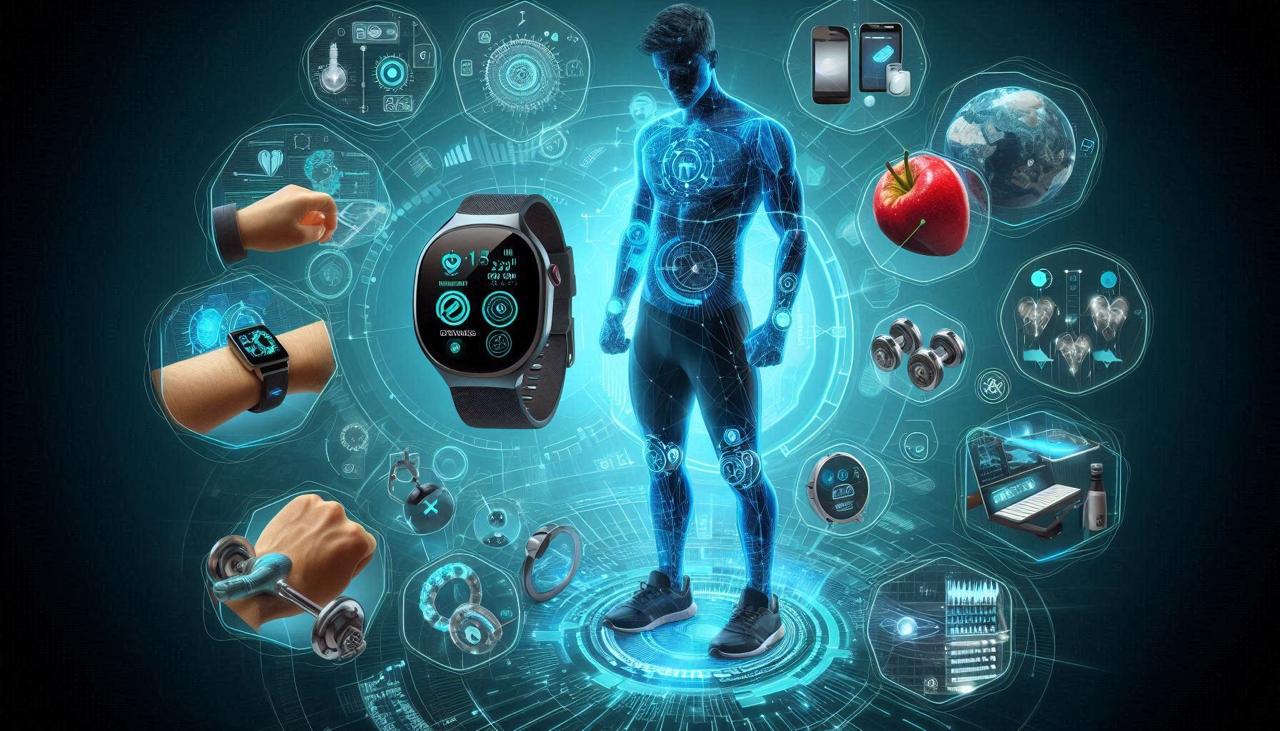Table of Contents
- Introduction to Wearable Technology in 2025
- Key Trends Shaping the Wearable Tech Landscape
- Innovations in Health and Wellness Wearables
- The Role of Sustainability in Wearable Technology
- Challenges Facing the Wearable Tech Industry
- The Future Outlook for Wearable Technology
1. Introduction to Wearable Technology in 2025
As we enter 2025, wearable technology has become an indispensable part of daily life, blending seamlessly into how we track fitness, manage health, and enhance productivity. What once seemed like futuristic concepts—such as biometric clothing and AI-powered wearables—are now mainstream. The market for wearable devices is projected to exceed $100 billion globally, fueled by innovations that meet both consumer and professional needs. With greater integration of artificial intelligence, personalized data insights, and sustainability considerations, wearable technology is set to redefine how we connect with the digital world.

2. Key Trends Shaping the Wearable Tech Landscape
Several trends are driving the wearable tech revolution in 2025. First, hybrid devices that combine multiple functions—such as health monitoring, fashion appeal, and communication—are gaining popularity. Second, AI and machine learning are enhancing the accuracy of health data and offering predictive analytics for users. Wearables with voice and gesture controls are also becoming commonplace, allowing for more intuitive interaction. Lastly, the rise of wearable devices designed specifically for niche markets, such as sports performance or mental health monitoring, reflects the growing demand for personalized solutions.

3. Innovations in Health and Wellness Wearables
The health and wellness sector remains a cornerstone of wearable technology innovation. In 2025, advanced health wearables can monitor everything from hydration levels and stress to early signs of chronic illnesses. Devices equipped with non-invasive glucose monitoring, blood pressure tracking, and even hormonal balance detection are revolutionizing personal healthcare. Mental health wearables are also on the rise, using biofeedback to reduce stress and enhance mindfulness. These devices not only improve individual well-being but also provide valuable data for the healthcare industry to advance remote patient monitoring.
4. The Role of Sustainability in Wearable Technology
Sustainability is becoming a key focus in wearable technology design. Eco-friendly materials, such as biodegradable plastics and recycled metals, are increasingly used to create devices. Energy-efficient designs, such as solar-powered wearables and devices with extended battery life, aim to reduce the environmental impact of production and usage. Moreover, companies are implementing circular economy principles by encouraging device recycling and refurbishment. These efforts are critical as the wearable tech industry balances innovation with environmental responsibility.
5. Challenges Facing the Wearable Tech Industry
Despite its rapid growth, the wearable tech industry faces significant challenges in 2025. Data privacy and security remain major concerns, as these devices collect vast amounts of sensitive personal information. Ensuring robust cybersecurity measures while maintaining user trust is a top priority for manufacturers. Additionally, the increasing complexity of wearable devices has led to rising costs, making affordability an issue for some consumers. Finally, achieving interoperability between different devices and platforms is another challenge, as consumers demand seamless integration across their digital ecosystems.

6. The Future Outlook for Wearable Technology
The future of wearable technology looks promising as advancements in nanotechnology, AI, and connectivity open new doors. Flexible, skin-like wearables and implantable devices are on the horizon, promising unprecedented convenience and accuracy. The integration of wearables with the Internet of Things (IoT) will create a more connected and efficient ecosystem. Furthermore, as the focus on sustainability grows, we can expect even more eco-friendly innovations that align with global environmental goals. With these advancements, wearable technology will continue to shape industries and redefine how we interact with technology in the coming years.




You must be logged in to post a comment.